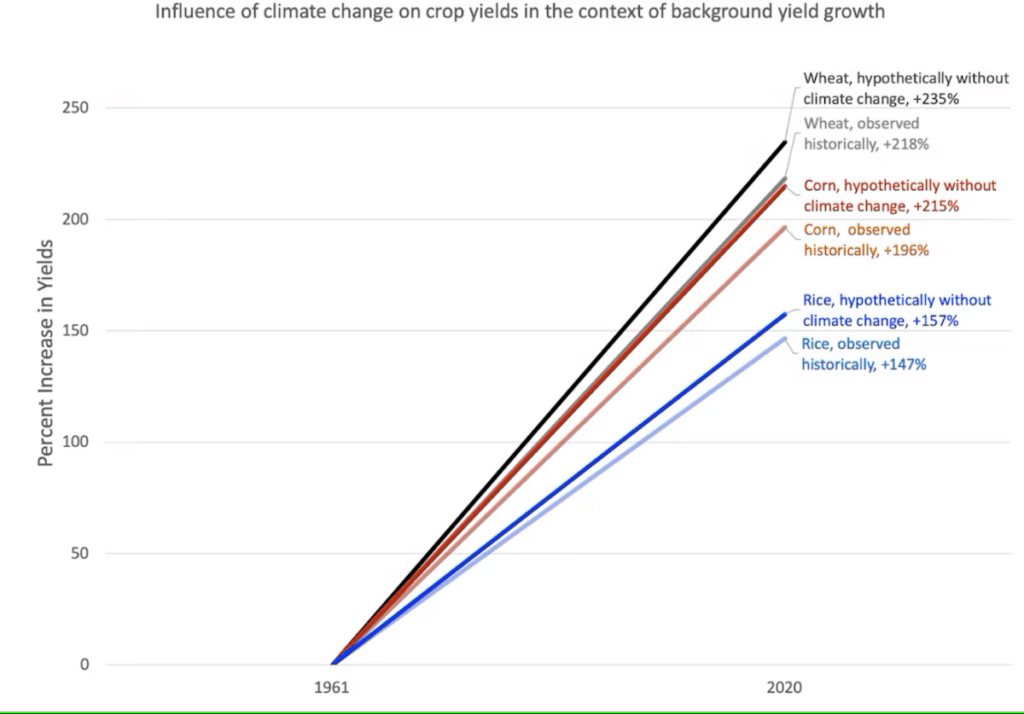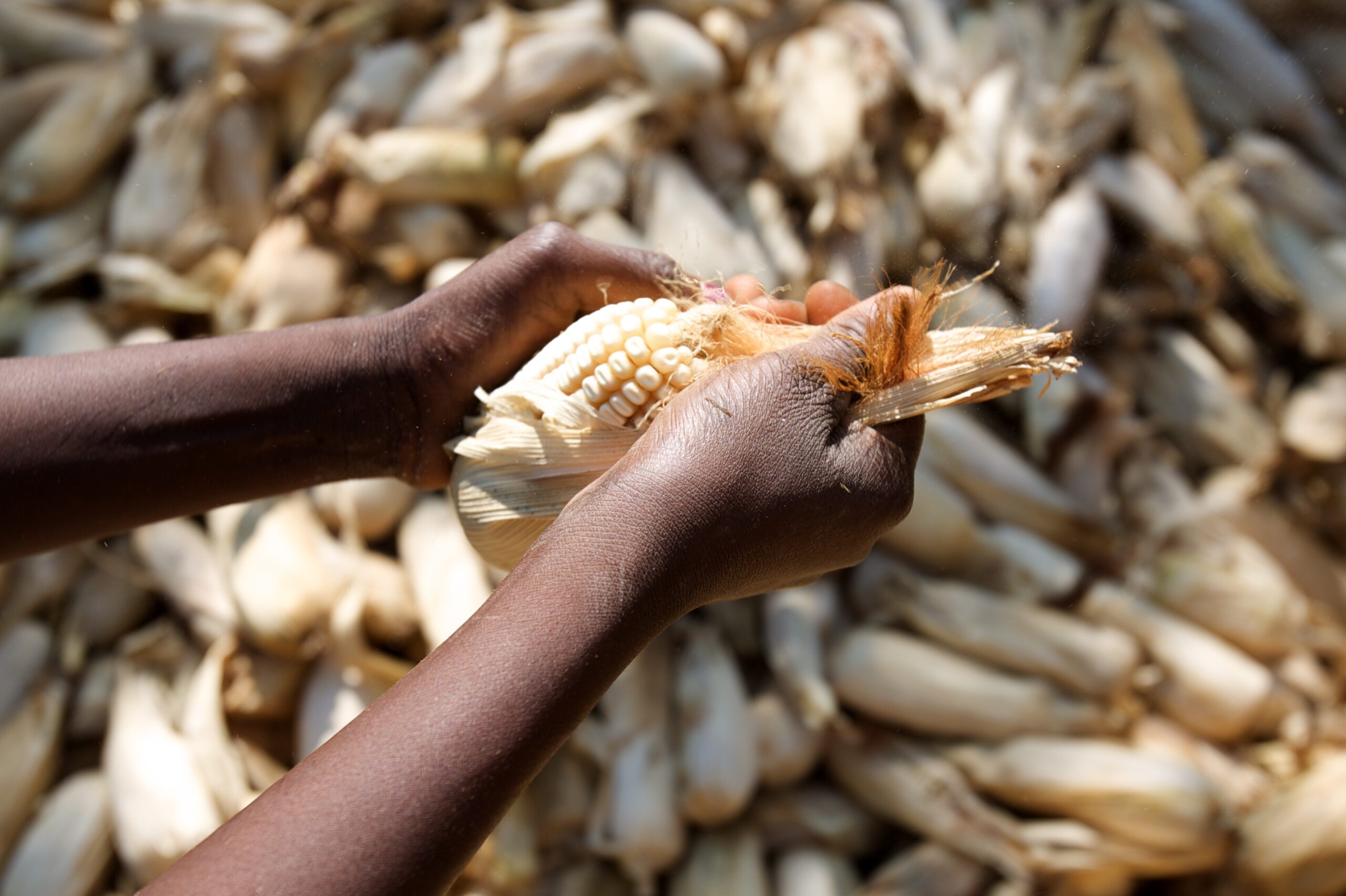Report on TRACT’s Series A Funding and its Contribution to Sustainable Development Goals
Executive Summary
TRACT, an enterprise platform for agrifood supply chain management, has secured €18.6 million in Series A funding. This investment is poised to significantly enhance the platform’s capacity to support global food companies in achieving greater transparency, resilience, and sustainability. The initiative directly contributes to several United Nations Sustainable Development Goals (SDGs), particularly those focused on responsible consumption, climate action, and partnerships.
- Funding Amount: €18.6 million
- Lead Investor: Icos Capital
- Core Objective: To accelerate the development of tools that map supply chains, monitor risk, and ensure regulatory compliance, thereby strengthening global food systems.
- SDG Alignment: The platform’s functions are critically aligned with SDG 2 (Zero Hunger), SDG 12 (Responsible Consumption and Production), SDG 13 (Climate Action), SDG 15 (Life on Land), and SDG 17 (Partnerships for the Goals).
Strategic Investment to Advance Global Sustainability Targets
Funding Details and Stakeholder Collaboration (SDG 17)
The funding round, led by climate tech investor Icos Capital, represents a significant multi-stakeholder partnership aimed at scaling sustainable practices in the agriculture sector. This collaboration embodies the principles of SDG 17 (Partnerships for the Goals) by bringing together private capital and industry leaders to address systemic challenges.
Key participating investors include:
- Icos Capital
- Invest International
- Future Food Fund
- Rabo Investments
- Pymwymic
- Working Capital Fund
The platform was founded by global agrifood leaders Archer Daniels Midland Company (ADM), Cargill, Louis Dreyfus Company, and olam food ingredients (ofi), reinforcing its “for-the-industry, by-the-industry” approach to creating shared value and sustainability solutions.
Platform Impact on Key Sustainable Development Goals
TRACT’s technology provides the infrastructure for companies to make measurable progress on critical SDGs:
- SDG 12 (Responsible Consumption and Production): By enabling companies to map sourcing networks and assess sustainability risks, the platform promotes transparent and responsible supply chains.
- SDG 13 (Climate Action) & SDG 15 (Life on Land): The platform is instrumental in preventing deforestation and making emissions transparent. It provides tools to help companies comply with new environmental regulations, such as the EU Deforestation Regulation (EUDR), turning complex data into tangible climate action.
- SDG 2 (Zero Hunger): By building more resilient and efficient food supply chains, TRACT contributes to the stability and sustainability of the global food system, a foundational element for achieving zero hunger.
Operational Advancements and Future Outlook
Scaling Traceability, Transparency, and Compliance
The investment will directly fund the enhancement of platform capabilities to meet growing demands for supply chain transparency. With increasing climate volatility and regulatory pressures, TRACT’s services are essential for managing risk and ensuring long-term resilience.
Key development areas include:
- Enhanced data integration features.
- Advanced tools for regulatory readiness and compliance.
- Expansion of client services into new markets and commodities.
From Complex Data to Measurable Social and Climate Impact
Investors have emphasized TRACT’s potential to convert complex supply chain data into measurable social and climate outcomes. As noted by Icos Capital, traceability is fundamental to addressing deforestation and emissions. The platform serves as a critical bridge between suppliers and buyers, transforming data visibility into actionable insights. This function is vital for shaping a more sustainable and equitable global food economy that actively supports the achievement of the Sustainable Development Goals.
Analysis of Sustainable Development Goals in the Article
1. Which SDGs are addressed or connected to the issues highlighted in the article?
The article highlights several issues related to sustainability, transparency, and resilience in global agrifood supply chains. Based on the functions and goals of the TRACT platform, the following Sustainable Development Goals (SDGs) are addressed:
- SDG 2: Zero Hunger: The article focuses on building a “more equitable and sustainable food system” and strengthening “resilience… in global food systems.” This directly connects to ensuring sustainable food production.
- SDG 12: Responsible Consumption and Production: TRACT enables companies to engage in “responsible sourcing” and “assess sustainability risks.” This promotes sustainable practices within large corporations, a key aspect of SDG 12.
- SDG 13: Climate Action: The article explicitly mentions “climate volatility,” “preventing deforestation,” and turning “complex supply chain data into real climate action.” The platform helps make “emissions transparent,” directly contributing to climate change mitigation efforts.
- SDG 15: Life on Land: A significant focus is placed on new regulations like the “EU Deforestation Regulation (EUDR)” and the platform’s role in “preventing deforestation.” This directly addresses the goal of protecting terrestrial ecosystems.
- SDG 17: Partnerships for the Goals: The entire initiative described is a multi-stakeholder partnership. TRACT was founded by four major agrifood companies (ADM, Cargill, Louis Dreyfus Company, ofi) and secured funding from a consortium of six major investors to create an industry-wide solution.
2. What specific targets under those SDGs can be identified based on the article’s content?
The article’s content points to several specific SDG targets:
- Target 2.4: “By 2030, ensure sustainable food production systems and implement resilient agricultural practices…” The article’s emphasis on creating “resilient supply chains” and a “sustainable, future-proof food system” directly aligns with this target. TRACT’s platform is designed to help companies manage risks associated with “climate volatility” and build this resilience.
- Target 12.6: “Encourage companies, especially large and transnational companies, to adopt sustainable practices and to integrate sustainability information into their reporting cycle.” TRACT is a platform built for “the world’s largest agrifood companies” to “map sourcing networks, assess sustainability risks, and improve traceability,” which are foundational steps for adopting and reporting on sustainable practices.
- Target 13.1: “Strengthen resilience and adaptive capacity to climate-related hazards and natural disasters in all countries.” The platform’s goal to “strengthen resilience” in global food systems against “climate volatility” is a direct contribution to this target by providing tools for the private sector to adapt.
- Target 15.2: “…halt deforestation, restore degraded forests and substantially increase afforestation and reforestation globally.” The article explicitly states that “supply chain traceability is key to preventing deforestation” and mentions the platform helps companies comply with the “EU Deforestation Regulation (EUDR),” directly supporting the goal of halting deforestation.
- Target 17.17: “Encourage and promote effective public, public-private and civil society partnerships…” TRACT itself is a prime example of this target in action. It is a “for-the-industry, by-the-industry” venture founded by competing agrifood giants and supported by a diverse group of climate tech and impact investors to tackle a shared challenge.
3. Are there any indicators mentioned or implied in the article that can be used to measure progress towards the identified targets?
While the article does not list official SDG indicators, it implies several metrics and data points that the TRACT platform helps to measure, which serve as de facto indicators of progress:
- Implied Indicator for Target 2.4 & 13.1 (Resilience): The platform’s ability to “map and monitor supply chain risk” and “assess sustainability risks” implies the collection of data on supply chain vulnerabilities to climate and other shocks. Progress could be measured by the number of supply chains mapped and the reduction of identified risks over time.
- Implied Indicator for Target 12.6 (Corporate Sustainability): The platform helps “streamline compliance” and enables companies to turn data into “measurable… impact.” An indicator for this would be the number of large agrifood companies using the platform to report on sustainability metrics and comply with regulations.
- Implied Indicator for Target 13 (Climate Action): The statement that TRACT helps in “making emissions transparent” directly implies the measurement of greenhouse gas emissions within the supply chain. The volume of transparently reported emissions would be a key indicator.
- Implied Indicator for Target 15.2 (Deforestation): The platform’s core function of “supply chain traceability” to comply with the EUDR implies a direct indicator: the percentage of a company’s sourced commodities (like cocoa, coffee, corn) that can be verified as deforestation-free.
- Implied Indicator for Target 17.17 (Partnerships): The article provides a concrete indicator of the partnership’s scale and commitment: the “€18.6 million in Series A funding” raised from a coalition of investors to scale the platform. This financial commitment is a measurable input for the partnership’s success.
4. Table of SDGs, Targets, and Indicators
| SDGs | Targets | Indicators (Mentioned or Implied in the Article) |
|---|---|---|
| SDG 2: Zero Hunger | 2.4: Ensure sustainable food production systems and implement resilient agricultural practices. | Data on mapped supply chain risks to build resilience in the food system. |
| SDG 12: Responsible Consumption and Production | 12.6: Encourage companies to adopt sustainable practices and integrate sustainability information into their reporting. | Number of agrifood companies using the platform for traceability, compliance, and sustainability reporting. |
| SDG 13: Climate Action | 13.1: Strengthen resilience and adaptive capacity to climate-related hazards. | Measurement and transparency of greenhouse gas emissions within agrifood supply chains. |
| SDG 15: Life on Land | 15.2: Promote sustainable management of all types of forests, halt deforestation. | Percentage of sourced commodities verified as deforestation-free through supply chain traceability. |
| SDG 17: Partnerships for the Goals | 17.17: Encourage and promote effective public-private and civil society partnerships. | The multi-stakeholder partnership itself, with a financial commitment of €18.6 million from investors. |
Source: igrownews.com







